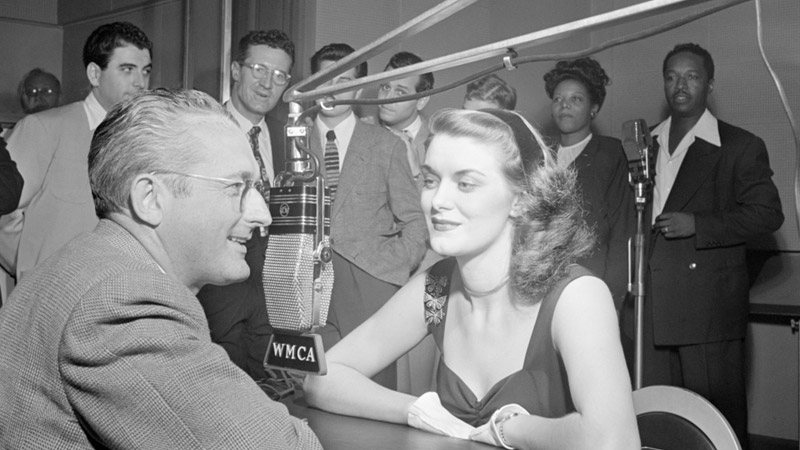The interview process is just as important for a company as it is for a potential new employee, and good interview etiquette should come from both sides. Aside from the usual opportunity to get to know a candidate’s interests, skills and personality, the interview process is an opportunity to showcase your company and its culture. The impression you give to a candidate throughout the entire interview process sets a tone and makes an impression that can make or break a candidate’s interest in continuing the interview process and, when you get to that point, accepting offer.
Here are three interview etiquette no-nos that are surefire ways to leave a bad impression on an interviewing candidate.
Vague job details
Understanding the position you are trying to fill is perhaps the most important part of the interview process. Have a thorough understanding of the position’s duties and responsibilities, who the new hire will report to, who they will work with, what a typical day is like, and what skills are required to perform successfully in the role. A good candidate will have questions about the position, even after reading the job description, and good interview etiquette means being able to answer these without blinking an eye. An interviewer who doesn’t appear to understand the position—or why it is available—will give the impression that the position doesn’t matter, that they are not really interested in the hire or that they themselves are ill prepared or incompetent. Just as a receptionist is the first impression of a company for clients, an interviewer is the first impression of a company for a potential new hire.
Putting other employees down
Under no circumstances is bad-mouthing a former employer acceptable interview etiquette of a candidate, therefore under no circumstances is it ever acceptable for an interviewer to speak negatively of former or current employees—even if it is in “jest.” When asked questions such as, “why is this position open?” keep answers diplomatic, just as you would expect a candidate to be diplomatic if asked “why did you leave your last job?” Speaking negatively of former employees will only put a potential new hire on alert; what would happen if they were to ask for a reference in the future? Would the company speak poorly of them? Similarly, maintaining diplomacy when speaking of current employees is imperative; if an interviewer is insulting a current employee to a new hire, what is to keep them from speaking poorly of the new hire in the future? Negative talk about employees is unprofessional and indiscreet and signals to the candidate an environment of stress and tension. Good interview etiquette means keeping it professional and talking about business issues such as shortage of help, long hours or growing pains due to reorganization.
Allowing the candidate to walk themselves out
Nothing says “we don’t care” like not walking a candidate out of the offices post-interview. Under most situations where there is a host (interviewer) and a guest (candidate), good interview etiquette dictates that the host should escort the guest to the next interview or out of the premises out of courtesy. The host will take this time to thank the guest for coming and answer any remaining questions or hear any last comments the guest has. Allowing a candidate to walk themselves out just doesn’t leave a lasting impression about the interviewer or, ultimately, the company. Take a moment post-interview to see the candidate to the elevators, thank them for their time, remind them of any last steps, and end on a positive note.
Don’t lose out on top talent because you aren’t mindful of your interview etiquette. Behave as though your company is on an interview as well. It takes top talent to attract top talent, so whip out your very best interviewing etiquette, and watch as the pieces fall right into place.








